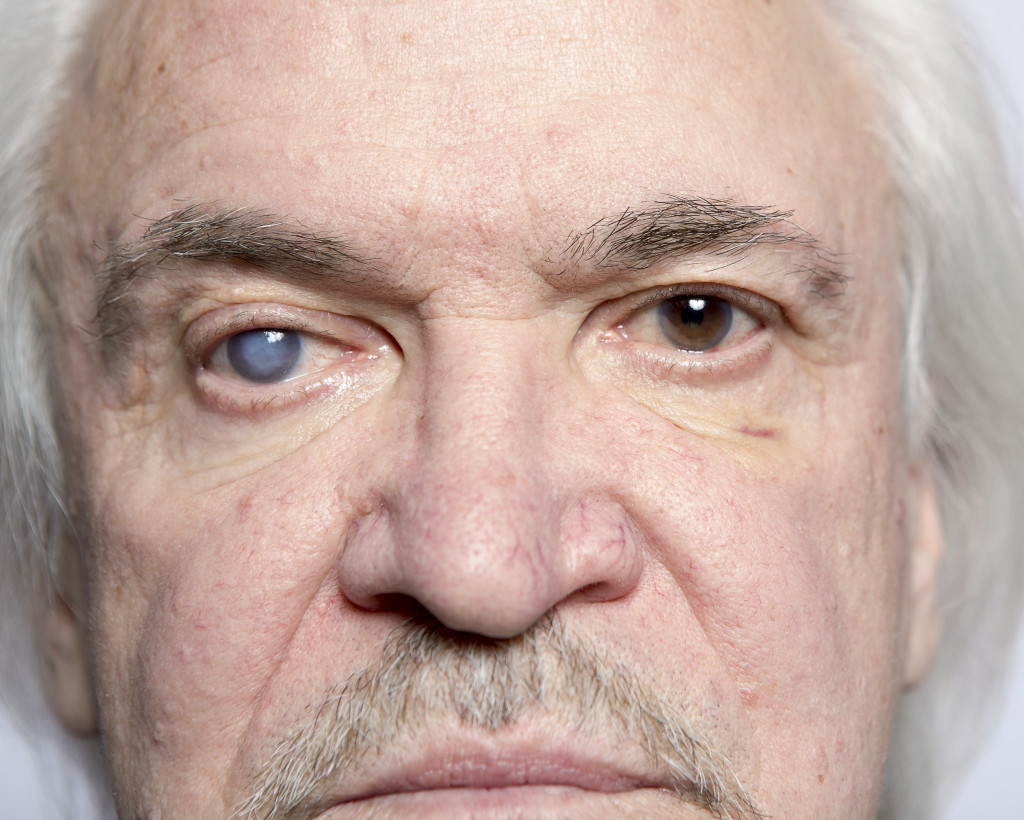As we age, our bodies undergo various changes. While many are positive changes, such as gaining wisdom and experience, others can be less desirable, including health issues affecting our appearance. Many aging adults experience common health issues affecting their appearance, such as wrinkles, age spots, and dry skin. However, there are ways to combat these issues and maintain a youthful appearance.
1. Wrinkles
When people think of aging, wrinkles are often one of the first things that come to mind. Wrinkles form when the skin loses elasticity and collagen, which can happen due to several factors, including sun damage, smoking, and dehydration. While wrinkles are a natural part of aging, there are some things you can do to minimize their appearance.
One of the best ways to combat wrinkles is to prevent them in the first place. You can do this by using sunscreen daily, even when it’s cloudy, and by avoiding smoking. If you already have wrinkles, many treatments are available to help reduce their appearance, such as retinoids, laser treatments, and fillers. Talk to your doctor about the best option for you.
2. Tooth loss
It’s estimated that about 178 million Americans are missing at least one tooth, and around 40 million Americans are completely edentulous, which means they have no natural teeth remaining. Aging is the primary cause of tooth loss, as the teeth can become damaged and decay over time. Poor oral hygiene, smoking, and certain medical conditions can also contribute to tooth loss.
While tooth loss is a common issue among aging adults, taking care of your teeth and gums is essential to prevent it. Be sure to brush your teeth, floss regularly, and see your dentist for regular checkups and cleanings. If you lose teeth, replacement options are available, such as a dental implant procedure, which can help you restore your smile using artificial teeth.

3. Cataracts
Cataracts are a common age-related eye condition that occurs when the eye’s lens becomes cloudy. This can happen gradually over time, and it usually affects both eyes. Cataracts typically first develop in people over the age of 60, and they become more common with age. Symptoms of cataracts include blurred vision, trouble seeing at night, and the appearance of halos around lights.
You can’t prevent cataracts, but you can reduce your risk by wearing sunglasses or a hat outdoors and quitting smoking. If you have cataracts, a professional can surgically remove them. After surgery, you will likely need to wear glasses or contact lenses.
4. Age Spots
Dark patches of skin that usually appear on the face, hands, and chest are known as age spots. They are prevalent in older adults and occur when the skin is exposed to the sun over time. The sun’s ultraviolet (UV) rays damage the skin and cause the production of melanin, which gives the skin its color. Age spots are not harmful, but some people may want to remove them for cosmetic reasons.
Several treatments are available for age spots, including laser therapy, cryotherapy, and chemical peels. Some home remedies, such as apple cider vinegar and lemon juice, can also help lighten the spots. Be sure to talk to your doctor before trying any treatment to ensure it’s safe for you. You should also avoid the sun and wear sunscreen to prevent new age spots from forming.
5. Hair loss
It’s estimated that around 50% of men and women will experience hair loss by the time they turn 50. While hair loss is typically associated with aging, it can happen at any age and for various reasons. Common causes of hair loss include genetics, hormones, and medical conditions.
Hair loss can be troubling for both men and women. Many feel it makes them look older and can affect their self-esteem. If you’re concerned about hair loss, talk to your doctor. There are treatments available that can help slow down or stop hair loss. These include medications, surgery, and laser therapy.
6. Dry skin
As we age, our skin can become drier and thinner. This is due to a decrease in oil and sweat production, which can lead to a loss of moisture. Dry skin can be itchy and uncomfortable and can also increase the risk of developing other skin conditions, such as eczema and psoriasis.
To help prevent dry skin, you should avoid hot showers, use a humidifier, and apply a moisturizer to your skin daily. Be sure to choose a moisturizer suitable for your skin type, and avoid those that contain alcohol, which can further dry out your skin. You should also drink plenty of water and eat a healthy diet to stay hydrated from the inside out.
Aging can cause many changes to your appearance. Some of these changes are due to the natural aging process, while others can be caused by common health issues that are more likely to occur as you age. To look your best, follow a healthy lifestyle and see your doctor regularly for checkups. If you’re concerned about any changes in your appearance, talk to your doctor so they can help you find the cause and the best treatment options.

